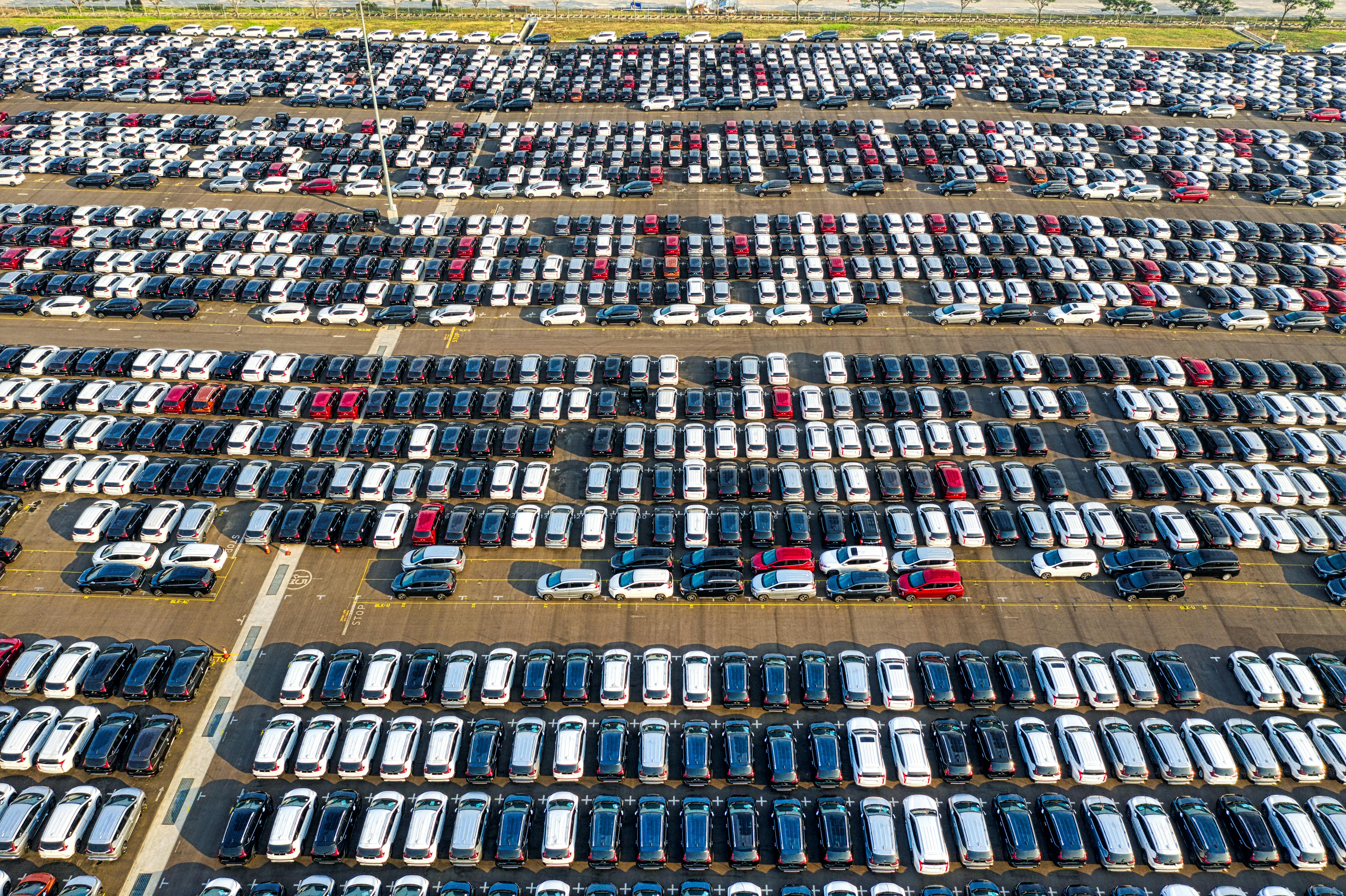UK Motor Trade Cuts Electric Car Sales Forecasts As Private Buyers Steer Clear

Clearly, as a UK resident, it is always interesting to see how we follow the same trends as the rest of the world. The forced transition to electric cars is playing out in the UK as it seems to be in Europe and America.
UK motor trade has lowered its sales forecasts for electric cars, citing a lack of government incentives as private motorists continue to shun zero-emission vehicles.
The latest figures from the Society of Motor Manufacturers and Traders (SMMT) reveal that electric car sales rose by 10 per cent year-on-year in April, capturing 16.9 per cent of the market. This marks a recovery after a slow first quarter. However, only 15 per cent of these sales went to private buyers, equating to just 2.5 per cent of the total market. The bulk of sales were to fleets and businesses enjoying tax breaks on company cars.
Due to this trend, the SMMT has cut its zero-emission vehicle forecast for the year. The organisation stresses that long-term success hinges on a robust consumer market.
SMMT chief executive Mike Hawes commented, "The absence of government incentives for private buyers is having a marked effect. Although attractive deals on electric vehicles are in place, manufacturers cannot fund the mass market transition single-handedly." He suggested measures such as temporarily cutting VAT, treating electric vehicles as mainstream rather than luxury items, and boosting consumer confidence in the chargepoint network.
The weak market for electric cars among private buyers has contributed to a slowdown in the overall new car market. In April, 134,000 new cars were registered, a mere 1 per cent increase from the previous year. For the first four months of the year, registrations totalled 679,000, up 8.4 per cent from the same period in 2023. High living costs, inflation, and interest rates are impacting the market. So far this year, 38 per cent of new registrations were by private buyers, down from 46 per cent in the same period last year.
Ian Plummer, commercial director at Auto Trader, noted, "With new car prices up 29 percent on average since 2020, many consumers risk being priced out, as seen in April’s flat retail registrations. Electric vehicles are typically 35 percent more expensive than petrol and diesel models. While manufacturer discounts have helped boost battery electric vehicle registrations, more aggressive pricing is needed for mass adoption."
Richard Peberdy of KPMG pointed out that household budget pressures and higher finance and insurance costs continue to affect consumer new car sales. Sellers are offering discounts to stimulate growth and pushing new models to market. The UK car industry hopes that interest rate cuts in the second half of the year will improve consumer confidence. However, the zero-emission mandate will become more concerning if the electric vehicle market share does not rise.
The SMMT also highlighted that the public recharging network is struggling to keep pace with the number of plug-in cars. Last year, there was one public recharging point for every 36 plug-in cars. This year, there is one for every 35. When you consider that it can take a minimum of 30 minutes to get a boost, you can only imagine how range anxiety is a real problem. Combustion vehicles are dead; long live the combustion vehicle.
World Liberty Seeks Federal Trust Charter
World Liberty Financial, the crypto venture backed by the Trump family, has applied for a US national bank trust charter... Read more
Saudi Banks Tap Overseas Markets
Saudi Arabia’s banks are borrowing from international markets at their fastest pace on record, as lenders try to squar... Read more
Amazon Continues To Cut 16000 Gone
Amazon has announced plans to cut a further 16,000 roles from its corporate workforce, extending the cost and organisati... Read more
The UK May Have A Voice In Ai
Europe’s AI sector has grown accustomed to playing catch-up. Capital has flowed more slowly than in Silicon Valley, va... Read more
Musk Applies Pressure To BT
Britain’s broadband market has spent the past decade locked in a familiar pattern. Incumbents invested heavily in fibr... Read more
Blackrock Sees EMEA Moving Into Private Assets
BlackRock has warned that investors across Europe, the Middle East and Africa are reshaping portfolios in response to wh... Read more

